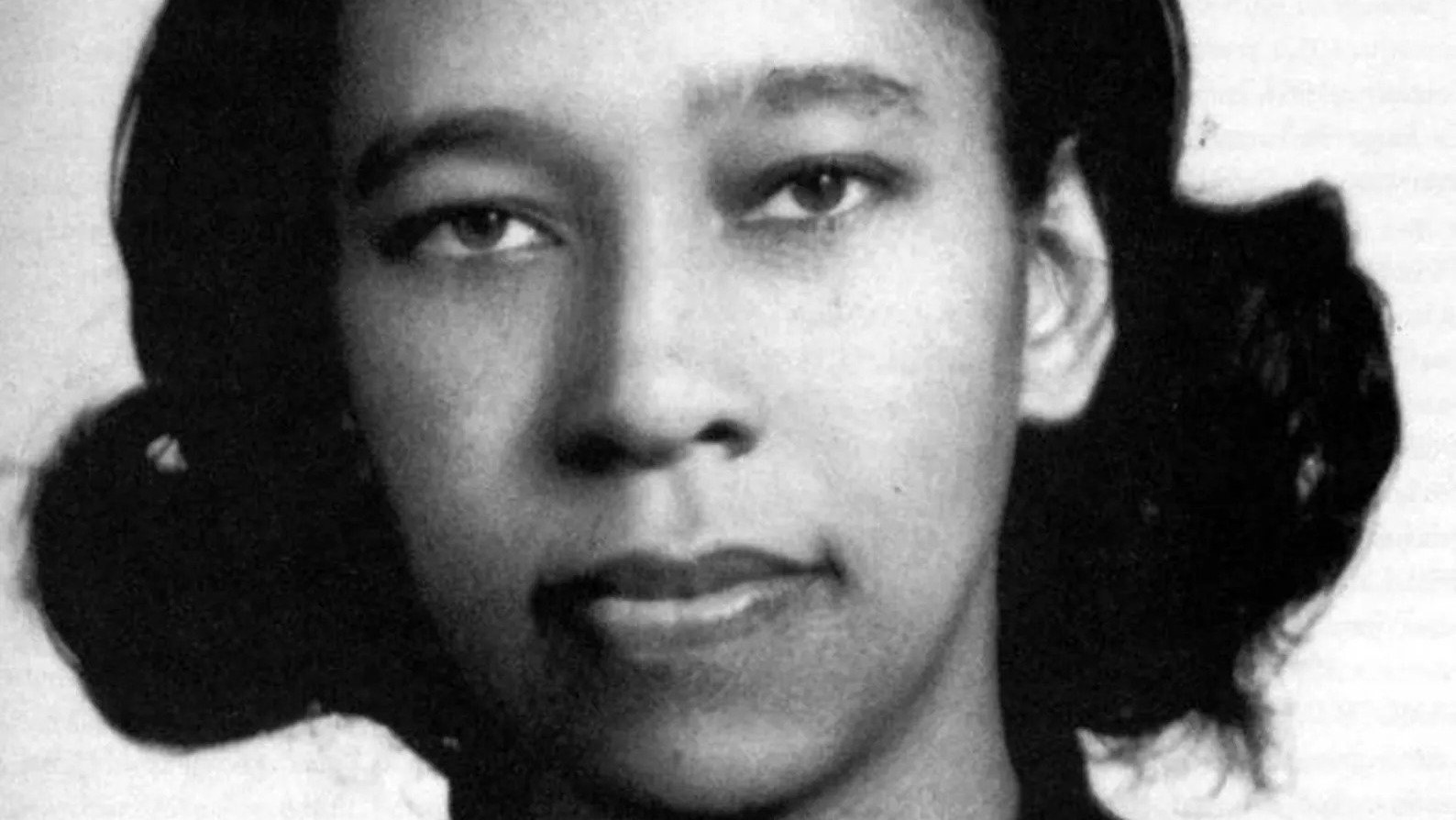The RNCM’s week-long celebration of the music of Julia Perry
Me: ‘Alexa, play Julia Perry’s Short Piece for Orchestra.’
Amazon Alexa: ‘I couldn’t find ‘Short Peaceful Orchestra, but here is other music by Julia Perry…’
Julia Perry (1924-1979) is a composer known for her innovative and wide-ranging musical output. Her works drew together music in twentieth-century Europe her own Black American heritage, aspects of American blues, and many other styles and genres of music, including rock and roll. She was also trained as a performer (a violinist and pianist), a conductor and a teacher. Her extensive creative output spans multiple vocal works, three operas, twelve symphonies, many chamber works and fourteen choral pieces.

Born in Kentucky, Perry grew up and spent her final days (following a series of strokes which had a major influence on her life from then on) in Akron, Ohio, in between which she was active at the Julliard School (New York) and the Berkshire Music Center (Tanglewood, Massachusetts). She trained abroad as well including stints in Florence and Paris, where she studied with Nadia Boulanger.
The year 2024 marks the centenary of Julia Perry’s birth, and the world is celebrating the music of this pioneering and prolific composer. Her works are hugely varied, from the thought-provoking and beautifully lyrical, to often dissonant music, with complex rhythms, and overlapping textures. Yet, as the town of Akron asserts on their website, ‘Today, both her work and her story is largely unknown.’
The RNCM’s Julia Perry Week recognises, champions and celebrates the music and life of this often overlooked and underrepresented important twentieth-century musician. We will journey through a week of performances, talks, panels and sharing of ideas, culminating in a performance of Perry’s ‘Short Piece for Orchestra’ (1965) as part of the RNCM Symphony Orchestra concert at 7.30pm on Friday 1 March.
Perry’s ‘Short Piece for Orchestra’ was written at the height of her career and was recorded by the New York Philharmonic. It demonstrates her exquisite craft with musical material, and in some ways marked the end of her work as it once was, before she became ill in the final years of her life. It is a piece which grabs the listener’s attention right from the beginning, with imaginative and mysterious woodwind solos, moments of jarring urgency and lyrical passages which invites audiences to ponder the questions posed by this inventive use of musical material. Perry’s music demands, and deserves, attention.
At the RNCM, we aim to train our student musicians to shape and lead the music industry of the future, and this includes equipping them with experiences, knowledge and appreciation of all music, and of music which reflects the world as it is, rather than as history may have (or have not) recorded it. All RNCM musicians have access to a database of repertoire (developed by our ‘Underrepresented’ group, comprised of RNCM staff and students) that they can access, perform and be inspired by that was composed by underrepresented musicians. The future of the music industry will be richer and more exciting for our new generation of emerging musicians, who will represent the world of music in all its beauty and richness.
Amazon Alexa may underrepresent Julia Perry’s music, but access to, and awareness of, her output online is growing (see YouTube for multiple recording of ‘Short Piece for Orchestra’). New editions of her music are being created (just a week ago the Lowell Chamber Orchestra in Massachusetts premiered a new edition of Perry’s ‘Symphony for Violas and Basses’, by their music director Orlando Cela), and this year organisations and musicians around the world will make sure that this wonderful music is heard, in spite of, as Alan Westby of the Los Angeles Public Library notes, the fact that ‘her work was not maintained or catalogued after her death, and much of her music has been lost. Only a small portion of Perry’s prolific output is available for performance or listening’.
Let’s hope that future celebrations of Julia Perry’s music see 2024 as a turning point, and one which eventually allows the town of Akron to change their statement that ‘Today, both her work and her story is largely unknown.’
Michelle Phillips, Head of Enterprise (Academic)
23 February 2024

